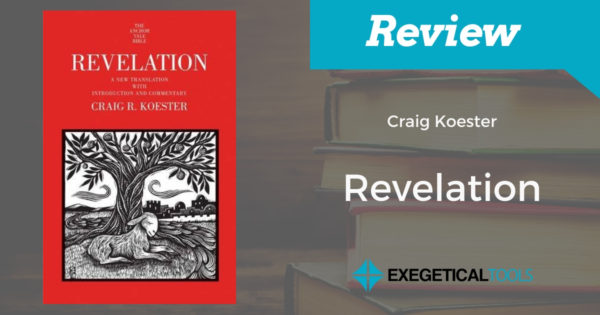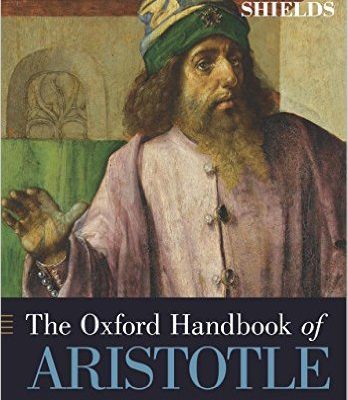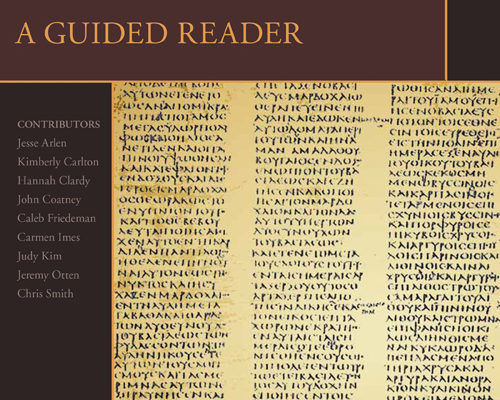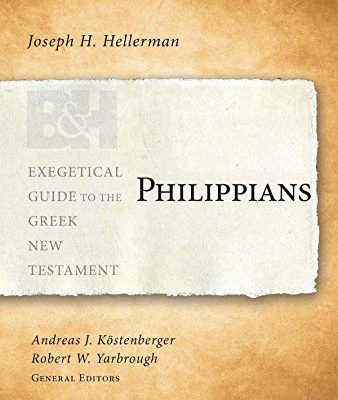Sale on Sinclair Ferguson and Edward Fisher books on legalism, antinomianism, and the gospel
Two books are currently on sale at the WTS Bookstore, both on legalism, antinomianism, and the gospel. Fisher’s is 45% off while Ferguson’s is 45% off for single copies and 55% off if you buy two or more.
Fisher’s book Marrow regarded an 18th century controversy on these topics….









